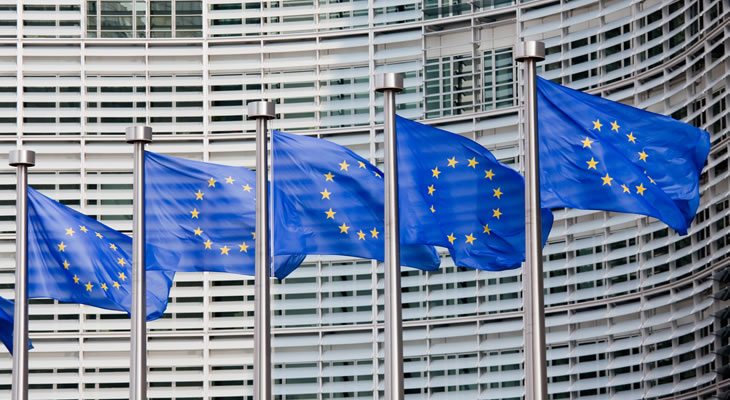As the Bank of England (BoE) maintained a distinctly dovish outlook at its August policy meeting the Pound Euro exchange rate slumped sharply.
Markets were disappointed to find that the BoE had lowered its growth and wage forecasts, offering a fresh caution on the subject of Brexit.
This undermined speculation that the Bank could move to raise interest rates in the near future, denting the appeal of the Pound.
As analysts at ANZ noted:
‘GDP forecasts were lowered, wage growth seen weaker (3% vs 3.5% next year) and uncertainty in regard to Brexit acknowledged. That is not the backdrop to lift rates near term if you believe that the inflation rise is temporary and a result of sterling’s post referendum weakness.
‘The Governor noted that Brexit is casting a big shadow over the outlook and confidence in an orderly exit is starting to fade with EU negotiations the most important factor for the outlook.’
Confidence in the Pound is likely to remain limited in the coming days, barring any significant upside surprise from domestic data.
If June’s raft of production and trade data points towards a loss of momentum within the UK economy this could weigh heavily on the Pound Euro exchange rate, adding to the bearish domestic outlook.
The NIESR gross domestic product estimate for the three months to July will also be in focus on Thursday, with any softening likely to encourage further Sterling selling.
Weaker Eurozone Retail Growth Limits Euro Upside
Demand for the Euro remained somewhat muted, however, as July’s raft of Eurozone retail PMIs proved distinctly disappointing.
While the Italian PMI showed a modest improvement on the month retail sector growth in France, Germany and across the Eurozone as a whole eased sharply.
Naturally this dented confidence in the underlying health of the Eurozone economy, giving investors less reason to favour the single currency ahead of the weekend.
Even so, the relative weakness of the US Dollar has helped to keep the Euro on a generally stronger footing as the investigation into alleged links between the Trump election campaign and Russia intensified.
As long as the White House remains in a state of disarray the downside potential of EUR exchange rates should be limited.
However, if German data continues to fall short of forecast this could offer support to the GBP EUR exchange rate, as slowness in the Eurozone’s powerhouse economy reduces the odds of the European Central Bank (ECB) adopting a more hawkish policy bias.


Comments are closed.